The legend of the three wishes granted by a magical being – whether it's a genie, fairy, or other supernatural entity – has captivated human imagination for centuries. This enduring motif appears in folklore across cultures, from the Middle Eastern tales of djinn to European fairy stories. At its core, the three wishes concept explores fundamental human questions about desire, wisdom, and the unintended consequences of getting what we think we want.
Historical Roots of the Three Wishes Tradition
The earliest recorded versions of wish-granting entities appear in ancient Mesopotamian mythology, where capricious spirits could bestow blessings or curses upon humans who crossed their paths. By the time these stories evolved into the Arabian Nights narratives, the concept of the bound genie – compelled to grant three wishes to whoever freed them – had become firmly established. What's particularly fascinating is how this structure remained consistent across cultures despite geographical and temporal distances.
In European traditions, the three wishes often came with fewer restrictions than their Middle Eastern counterparts. A peasant might stumble upon a fairy or leprechaun who would grant them three wishes out of whimsy rather than obligation. This difference in motivation between the compelled genie and the voluntarily generous fairy reflects cultural attitudes toward supernatural beings and their relationship with humanity.
Psychological Dimensions of Wish Fulfillment
Modern psychologists have analyzed why the three wishes scenario continues to resonate so powerfully. The limitation to three wishes creates dramatic tension – if you could wish for anything without limit, the story loses its compelling dilemma. Three represents enough to suggest abundance while still forcing prioritization. It's the same reason we find "desert island" scenarios fascinating – constraints reveal character.
The typical narrative arc shows the wisher squandering their first two wishes on impulsive desires before learning wisdom through the disastrous consequences. The third wish usually corrects the previous mistakes or returns the wisher to their original state. This structure serves as a cautionary tale about human nature – we often don't truly understand what we want until we've suffered the consequences of getting it.
Cultural Variations on a Theme
Japanese folklore contains numerous stories of wish-granting creatures like the tanuki or kitsune, though these typically involve single wishes with elaborate tests or conditions. African folk traditions often feature trickster spirits who grant wishes in ways that expose human greed or foolishness. Native American legends frequently warn against seeking supernatural intervention for personal gain.
The Christianized version appears in stories where characters are granted three wishes by God or a saint, usually with the moral that one should wish for spiritual rather than material benefits. This reflects how the basic structure adapts to different value systems while maintaining its essential function as a vehicle for examining human nature.
Modern Manifestations in Popular Culture
Contemporary retellings often subvert the traditional three wishes trope. Television shows like The Twilight Zone and movies like Bedazzled explore ironic twists on wish fulfillment. The common thread remains – the wisher's inability to foresee the consequences of their desires leads to disaster. This persistence across millennia suggests the concept taps into something fundamental about the human condition.
Modern fantasy literature has expanded the rules and limitations of wish magic, creating elaborate systems where the wording of wishes becomes crucially important. This legalistic approach reflects contemporary society's focus on precise language and loopholes. Some stories now feature magical contracts where the wisher must carefully negotiate terms with supernatural entities – a clear metaphor for our complex relationship with technology and other powerful forces we've unleashed but don't fully control.
Philosophical Implications of Finite Wishes
The limitation to three wishes forces characters (and by extension, audiences) to confront essential questions about value and meaning. If you could only make three changes to your life or the world, what would matter most? The stories suggest that our initial impulses often focus on superficial desires – wealth, beauty, power – while wisdom comes from recognizing the importance of less tangible qualities like love, contentment, or justice.
Philosophers have noted how the three wishes scenario mirrors real-life decisions about allocating limited resources. Time, energy, and attention function as modern equivalents of magical wishes – we must constantly choose how to "spend" them, often realizing too late that we invested in the wrong priorities. The ancient stories thus remain relevant as meditations on opportunity cost and the challenge of knowing what truly brings fulfillment.
Enduring Appeal Across Generations
Children hearing these stories for the first time delight in imagining what they would wish for, while adults recognize the deeper lessons about human nature. This dual-level appeal explains why the three wishes motif has survived when so many other folk tale elements have faded. It serves equally well as simple entertainment and as profound psychological and philosophical exploration.
The structure also adapts remarkably well to different historical contexts. During economic depressions, wish stories might emphasize the dangers of sudden wealth. In times of war, they might focus on wishes for peace or power. The digital age has spawned new versions where wishes represent technological solutions that backfire – the modern equivalent of a poorly worded magical wish.
Ultimately, the three wishes narrative endures because it speaks to universal human experiences – our restless desires, our tendency to focus on short-term gratification over long-term fulfillment, and our hard-won realization that some things can't be magically obtained but must be cultivated through patience and wisdom. The genie's lamp may be fantasy, but the dilemmas it presents are all too real.

By James Moore/Apr 29, 2025

By Lily Simpson/Apr 29, 2025

By Emma Thompson/Apr 29, 2025

By Natalie Campbell/Apr 29, 2025

By William Miller/Apr 29, 2025
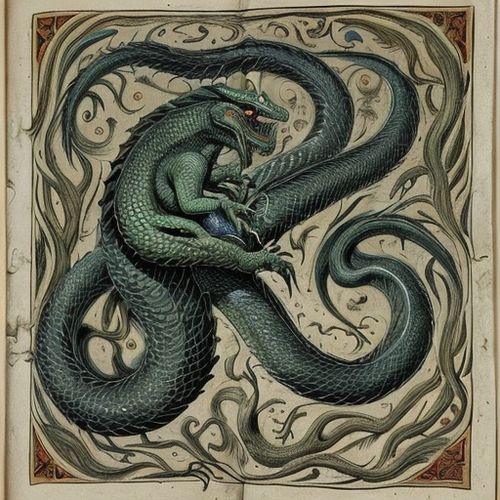
By Grace Cox/Apr 29, 2025

By James Moore/Apr 29, 2025

By Eric Ward/Apr 29, 2025
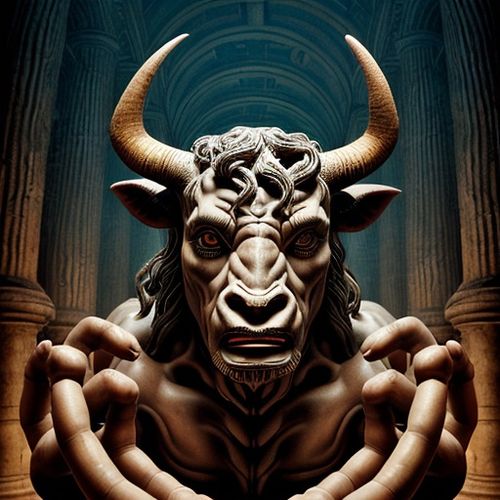
By Noah Bell/Apr 29, 2025

By Victoria Gonzalez/Apr 29, 2025

By Natalie Campbell/Apr 29, 2025

By Eric Ward/Apr 29, 2025

By Sarah Davis/Apr 29, 2025
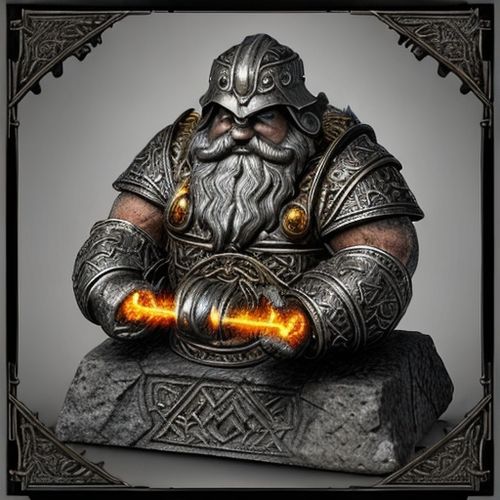
By Emma Thompson/Apr 29, 2025

By Megan Clark/Apr 29, 2025
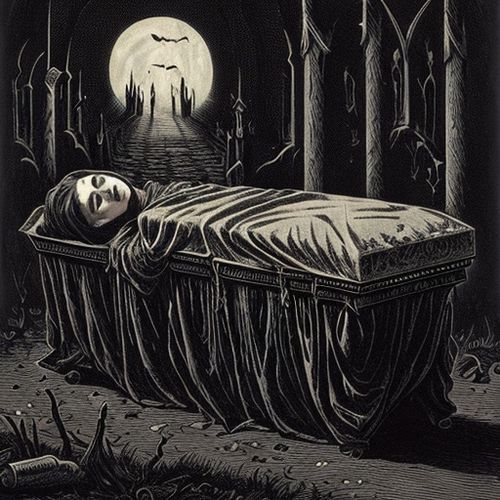
By Lily Simpson/Apr 29, 2025

By William Miller/Apr 29, 2025
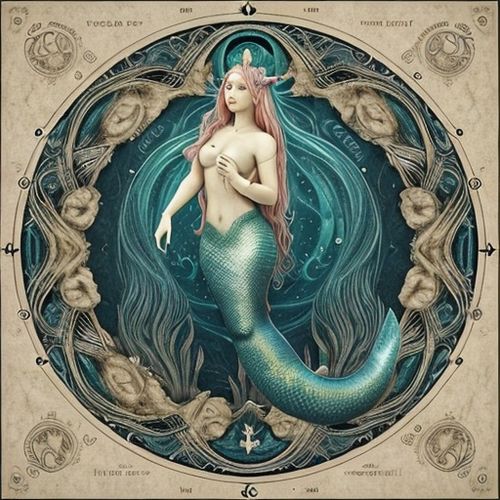
By Rebecca Stewart/Apr 29, 2025

By Rebecca Stewart/Apr 29, 2025